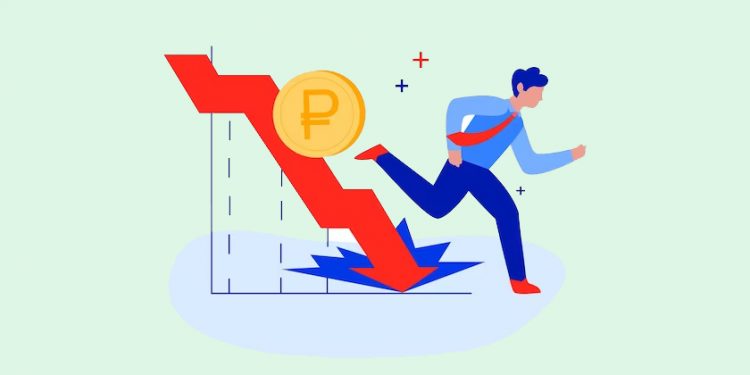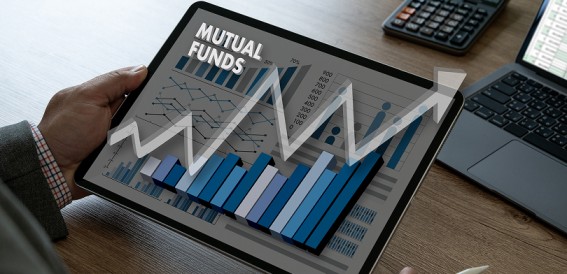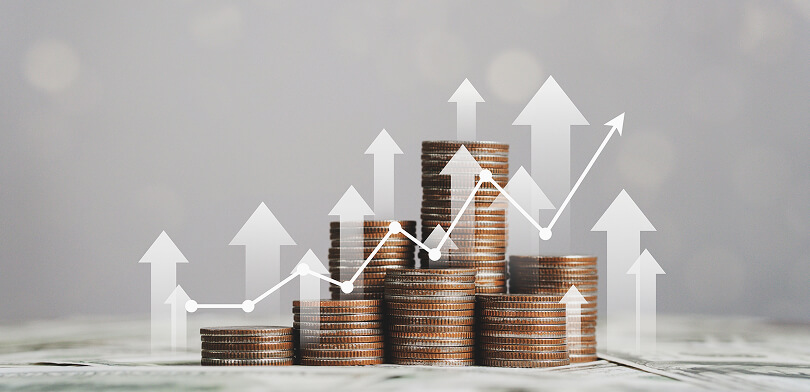- Last Updated: Sep 19,2023 |
- Religare Broking
If you scroll through any mutual fund website, and you will find a lot of data about how a particular fund or scheme of the AMC has outperformed the market. There could be an analysis of how the particular fund has beaten the market index. There could also be a comparison between a particular fund and the other funds in the category to highlight the superiority of a particular fund. There could be an elegant table or chart which outlines how that particular fund could have created wealth for an investor over a period of time. As a smart investor, it is your job to conduct 6 basic tests before deciding on buying a mutual fund.
- Risk of market volatility
- Risk of interest rate increases
- News flow risk; domestic and global
- Risk of overexposure of mutual funds
Topics Covered
Risk of market volatility
Equity markets tend to be volatile by definition. When markets crash, its impact gets transmitted to mutual funds also. The extent of damage may be lesser than direct equities but there will be damage nevertheless. When Nifty falls by 10%, your mutual fund NAV will also see erosion, probably to a lesser extent. What happens is that mutual fund managers are in a better position to capitalize on opportunities, cut losses and protect the downside risk! Also when you are in long-term mutual funds, these vagaries of the market tend to even out over a period of time and hence help in building wealth smoothly over a longer period of time.
Risk of interest rate increases
It may not be obvious but a rate increase can negatively impact your holdings in equity and debt funds. Let us understand debt funds first. When interest rates rise, the value of the bond falls. This is more pronounced for liquid government securities which form the principal holding for most debt funds. The case is slightly more complicated in the case of equity funds. Equity values are based on the present value of future earnings. This is a function of the discounting factor which is based on interest rates. When interest rates rise, the present value of equity goes down and that has an impact on mutual fund NAVs. This is another risk that you are exposed to irrespective of whether you are invested in equity funds or debt funds.
News flow risk; domestic and global
This is another risk that has become pronounced in the last few years as markets react rapidly to news flows. A Chinese devaluation led to sharp erosion in the value of equities. Geopolitical risk across the Middle East has spooked equities and bonds across global markets. Expectations of a US rate hike have led to portfolio outflows from emerging markets including India. This is likely to negatively impact both equities and debt with a corresponding impact on their mutual fund NAVs. Apart from these global triggers, there are domestic triggers like CPI numbers, IIP numbers, RBI rate guidance, quarterly results and trade data which have a long-term impact on both equities and debt. As a mutual fund investor you are exposed to all these news flow risks.
Additional Read: Common myths about mutual funds
Risk of overexposure of mutual funds
This is a risk that has manifested frequently in the past. We had seen funds that were overexposed to specific sectors in the past and paid the price for that. Recently, we saw the case of the J P Morgan AMC in India which had an inordinately high exposure to the debt of Amtek Auto and faced a major crisis when redemptions came up. Many years back we had the case of UTI’s US-64 which could not honour the return assurance that it had given to its investors as its returns were less than the guarantee given. So how do you, as an investor, protect yourself from this risk of overexposure? Keep a tab on your fund holdings. You get monthly portfolio disclosures which give you a clear picture of what the holdings are. Go through them carefully and highlight any such areas of concern that you find and talk to your financial advisor. That is the best protection that you can have.
Additional Read: What are the possible triggers for exiting your mutual fund investment?
The moral of the story is that mutual funds are not entirely risk-free. It is just that risks get managed better. As an investor, you also need to do your homework by evaluating the portfolio of your mutual fund on a regular basis. After all, it is your goal and your money that is at stake!














